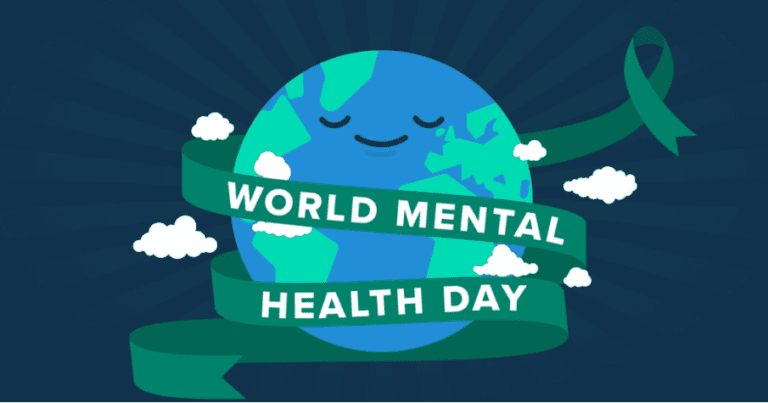
World Mental Health Day 2023
WORLD MENTAL HEALTH DAY 2023 Tuesday 10 October is World Mental Health Day. The World Health Organisation (WHO) states that despite good mental health being

WORLD MENTAL HEALTH DAY 2023 Tuesday 10 October is World Mental Health Day. The World Health Organisation (WHO) states that despite good mental health being
Scroll down for more options…
Scroll down for more options…
Scroll down for more options…

